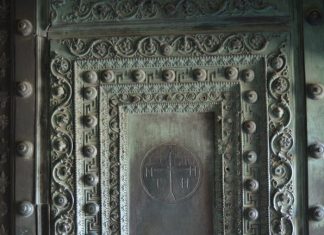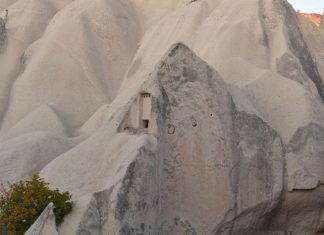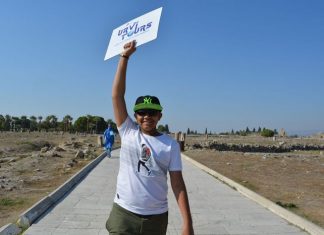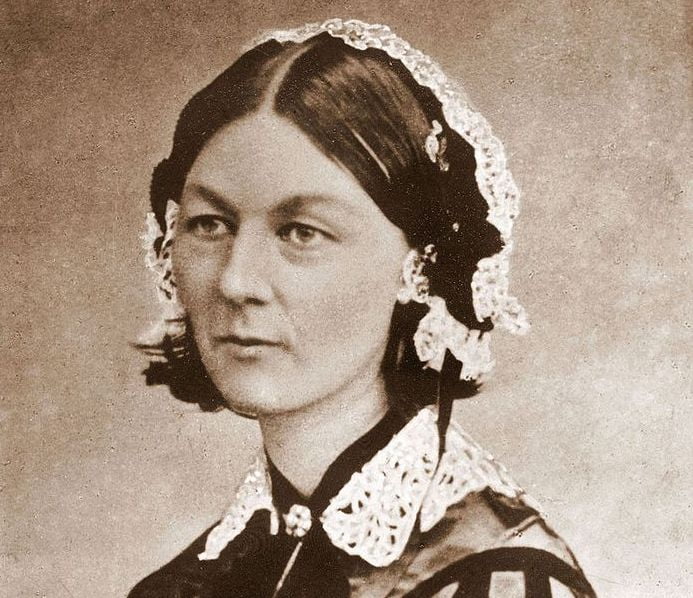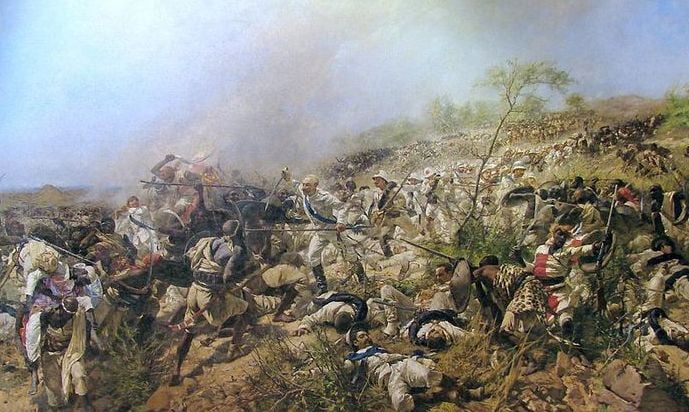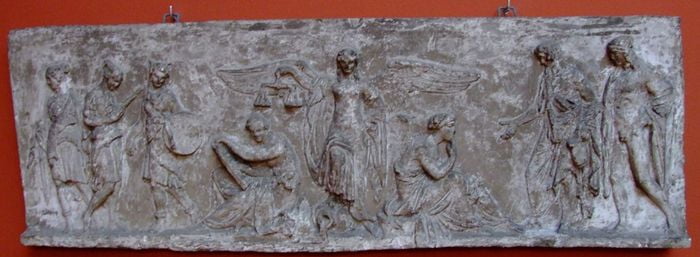Abandonment of Laodicea
Laodicea was eventually abandoned due to earthquakes. Today, there are still impressive ruins in the city, including two Roman theaters, a large stadium, and...
The Letters to the Seven Churches A Lesson for the Church
In Revelation 2 through 3, we find the letters to the seven churches. Some people might want to skip these letters and move on...
The Church of Ephesus The Church That Lost Its Love
What a great week this has been! The world was surprised by what happened in Eastern Europe. New freedom has opened up there, and...
Deciphering Cosmos
Early Greek Efforts to Grasp Celestial Movements
Introduction
From the discovery of Sirius by Egyptian farmers heralding the annual Nile flood to civilizations around the Mediterranean,...
Ionian Revolution
Navigating the Skies with Thales of Miletus
Introduction
In the early migrations around 11th century BCE, many Greeks settled along the Turkish coast, engaging in cultural...
Celestial Views in Ancient Greece
Insights from Homer and Hesiod
Introduction
Homer, renowned for his epic tales of war and long journeys, provides subtle glimpses into the Greek understanding of the...
The Story of Saidjah part 12
An old woman led him to her cottage. She would take care of the piteous fool. His laugh gradually became less horrible, but he...
The Story of Saidjah part 11
He would wait. …
But what if she were ill—dead?
Like a wounded stag he flew along the pathway toward the village. He saw nothing and...
The Story of Saidjah part 10
Saidjah had never learned to pray, and it would have been a pity to teach him: a more devout prayer and a more fervent...
The Story of Saidjah part 9
Who would now be living in her father`s house? Then he thought of his childhood, and his mother, and how the buffalo had saved...



